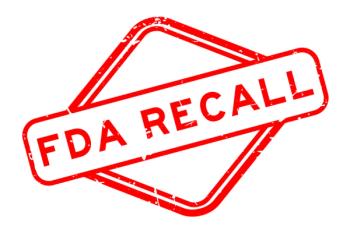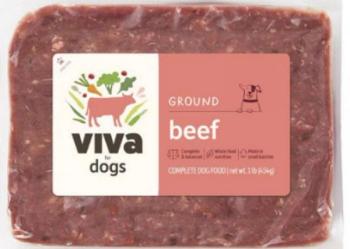
Fort Dodge calls for 'expeditious review' following recall
OVERLAND PARK, KAN-Fort Dodge Animal Health is calling for an expeditious independent review of its injectable heartworm preventive Proheart 6, which was a casualty in a voluntary recall by the Food and Drug Administration (FDA).
OVERLAND PARK, KAN—Fort Dodge Animal Health is calling for an expeditious independent review of its injectable heartworm preventive Proheart 6, which was a casualty in a voluntary recall by the Food and Drug Administration (FDA).
The company is also challenging FDA's decision to recall, saying it was based on "erroneous conclusions" regarding the drug's safety.
As part of the recall deal between FDA and Fort Dodge, an independent advisory panel will be created to scientifically evaluate the safety profile of the product before it can be reintroduced into the market.
Fort Dodge states it has "concerns about how the agency interpreted these complex data" in the events that led up to the recall decision. The company adds in a prepared statement that it "fully supports the initiation of this review process, and will work closely with FDA to provide any necessary information for the panel to make a fair and accurate assessment of these data."
Fort Dodge stands behind the safety of its product, and plans are underway to reintroduce the product once these questions are resolved with FDA.
Dr. Stephen Sundlof, director of FDA's Center for Veterinary Medicine, says: "This was the first product administered once every six months, which has some good advantages for compliance. We started seeing some adverse reactions that we did not see in the preclinical studies."
"We don't understand why this drug is causing some of these problems," Sundlof says. "Until we can understand that better and develop ways to reduce adverse events, we thought it is important to not expose any more dogs to this product."
At presstime, FDA had not yet released advisory panel members, or a timeline for the panel review.
DVM Newsmagazine has learned the panel will not be coordinated through the American Veterinary Medical Association (AVMA), although some of its members may be asked to serve in the review, the association reports. AVMA is taking a neutral position on the recall. Sharon Granskog, AVMA's assistant director of communications says: "We are Switzerland on this. We are waiting to see what the science bears."
Dr. Rami Cobb, vice president of pharmaceutical research and development for Fort Dodge tells DVM Newsmagazine, "We agreed to do a voluntary recall if we could get an independent evaluation because we are on record stating that erroneous conclusions have been made by FDA. We believe the science does not support the conclusions they have come up with, and we do want an independent scientific evaluation."
Cobb adds that Fort Dodge will be pushing to make the review an expeditious process. "We do not want this to drag on for a long period of time. We believe we have plenty of information to validate the safety of this product," she says.
Cobb could not yet estimate the amount of product existing in the field, nor could she estimate the company's cost to conduct a recall of this magnitude.
Proheart 6 is also approved in Europe and Australia. Following news of the FDA recall, the pharmacovigilance committees in these other countries were alerted to FDA concerns. No other countries have opted to recall the product in these other markets, Cobb adds.
Fort Dodge also contends that the adverse reactions reported still fall within acceptable standards. The company is reporting an adverse event rate of four per every 10,000 doses administered.
Adverse events reported to FDA totaled 5,552, which was reported widely by the national news media. Sundlof says adverse events resulting in death, which was reported at 500, likely are much lower because many other factors must be weighed and investigated to determine whether it truly can be attributed to the product or other causes. He says there is low probability that the majority of those reports were a result of product use. However, FDA contends that the overall adverse event reports are likely under reported simply because not all adverse events are called into the manufacturer.
Fort Dodge believes that its data of approximately three unfiltered reports for each 10,000 doses sold and independent data of four reports per 10,000 doses administered is an accurate reflection on what is happening in the field.
Everyone agrees that most adverse events reported with the use of the drug were mild. However, the quantity and severity of some of the reported adverse events weighed in FDA's decision to investigate further, the company says.
Cobb adds, "The saddest part of this whole situation is the most vulnerable group and the ones that will suffer the most are the dogs."For more information go to
Newsletter
From exam room tips to practice management insights, get trusted veterinary news delivered straight to your inbox—subscribe to dvm360.




